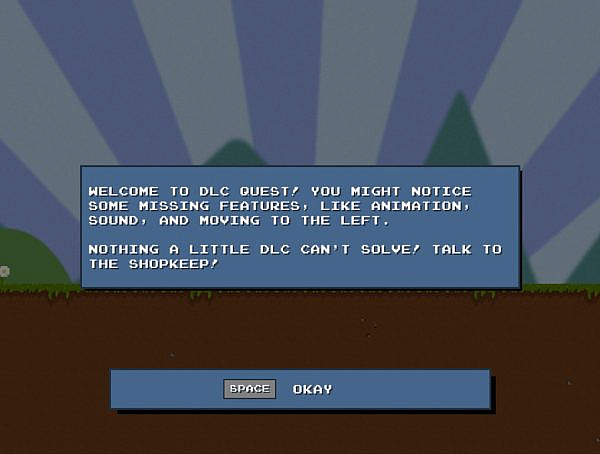Alternative gamejournalism : Is the new watch dog of the gaming industry all bark and no bite?
Print media is struggling and even respected newspapers like New York Times have fallen on hard times recently. When Pulitzer prize winning publications are having trouble generating enough revenue to stay afloat in the internet era, is it any wonder if game journalism is experiencing some growing pains as well? As millennials flock towards social media and public trust in mainstream media plummets, alternative news sources have started to pop up. That applies to game journalism as well, especially after the #gamergate controversy. The advent of streaming and rise of Youtube as a viable income provider have made it possible for individuals without formal education or industry ties to make their living as video game critics and commentators, long as they can amass a large following.
“Critical alternative journalism from the perspective of game journalists” analyzes alternative game journalism’s potential for showcasing more honest and critical discourse within the field of game journalism. Patrick Prax and Alejandro Soler from Uppsala University interviewed 11 game journalists, both independent and established, to investigate the potential of alternative game journalism as a more honest and critical alternative of “mainstream video game journalism”. While their study samples a relatively small pool of professionals, their findings shed some light on the issues of game journalism for the uninitiated.
As journalists are ideally viewed as watchdogs of a democratic society who keep the government in check, logically games journalism should scrutinize the game industry with similar vigor. But established (print-media) game journalism is of the service, rather than cultural variety. Service journalism treats readers as customers in need of guidance, its main function is to advice on what games to buy. Cultural journalism differs from that by treating readers as citizens rather than consumers, its role is to offer a critical take on contemporary culture.
“Doritosgate”: http://www.forbes.com/sites/erikkain/2012/10/26/all-the-pretty-doritos-how-video-game-journalism-went-off-the-rails/
Since established game journalism often has a quite symbiotic relationship towards the game industry, as publications depend on the good will of developers and publishers to receive early review copies of games, large publications are disincentivized from engaging in such criticisms of the industry. When a successful game studio closes and the big gaming sites report the matter, the question that fills column space is “What cool projects does the superstar designer want to work on next?”, rather than “What happens to the rest of the team and what kind of industry fires people with such reckless abandon?”.
So can alternative game journalism provide more honest and critical journalism to the gaming public?
The article argues that participatory journalism has the potential for offering a more critical perspective, but that the same financial realities which limit the integrity of established game journalists bind the independent journalists as well, albeit in a less strict manner. If one engages in game journalism as a hobby, one can write earnest reviews and editorials. But should you want to do it for a living, you need to become popular enough that you are given early access and review copies of games, after which the same conflict of interest which is observed in print media occurs. You can buy the games yourself and review them after release, but that means being late to the race as reviewers who were given review copies could publish their reviews on release date.
The algorithms that dictate the working logic of social media platforms also place certain financial strains on independent journalists. Quantity trumps qulity, as advertisers can only see how many clicks you generate on a daily basis. As countless people battle each other for viewership, many take drastic measures to get their voices heard. This has lead to reviewers adopting angry personas that exaggerate their discomfort with games for comedic value. This can undermine the perceived authenticity of genuine criticisms of the industry.
Besides the economic factors, the potential of independent game journalism is also limited by the mentality of its practitioners: none of the interviewed journalists viewed themselves as such. The independent reviewers think that “journalist” connotes professionalism and a degree in journalism, something that separates the print media from them. But the professional games journalists didn’t have a degree in journalism either. This creates a dilemma: if no one sees themselves as real journalists, no one will act like one either.
Original article: http://www.digra.org/digital-library/publications/critical-alternative-journalism-from-the-perspective-of-game-journalists/
You might also like
More from Game Research Highlights
“Historically and Geographically Incorrect” – Colonialism and Board Games
Board games with colonialist themes as the focus of online discussions
Play, confront, and reconstruct: a guidebook to game analysis
A fresh guidebook research to help you prepare for a game analysis.
Spender’s Game – Problematic monetisation as seen by players
You thought loot boxes were bad? Well, gamers just reported another 35 forms of malicious microtransactions present in popular games.
















